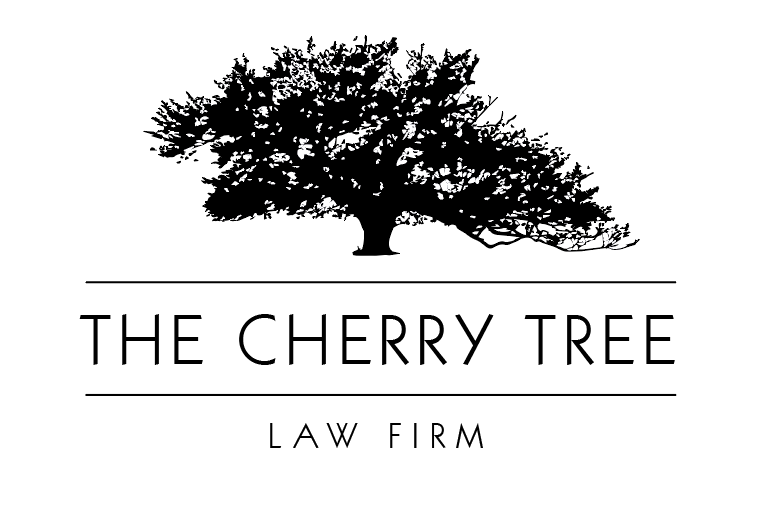There are many types of trusts but generally people are thinking of a Revocable Living Trusts for estate planning. There is no one size fits all estate plan but Revocable Living Trusts can:
- Avoid probate and simplify the transfers of your assets upon your death.
- Eliminate or reduce potential estate taxes if your estate is over one million dollars.
- Planning for your possible incapacity. The trust defines how the trustor wants to be taken care of if they become incapacitated. The trust then allows the successor trustee to access the trust funds for that purpose. During your life-time if you are the trustee and trustor you generally continue managing you affairs in the same way you have in the past. However, if you become incapacitated your wishes are clear and become legally binding on your next successor trustee.
- Hold property for the benefit of others. Trusts ensure that a responsible individual manages and spends funds for a the benefit of an individual who cannot or should not receive funds for example: minor children, children with poor spending habits, or elderly/disabled relatives who must retain healthcare or other government benefits and cannot receive additional funds.
- Ensure privacy. Generally the terms of your living trust are confidential, with only your named beneficiaries and trustee having access to that information. With probate, your assets and affairs become public record.
It is important to understand your estate planning options and alternatives. This is only a short overview of general information about Revocable Living Trusts. To decide whether a trust is appropriate for you, discuss your goals, family situation, and assets with an attorney. Our office schedules free consultations when the attorney will meet with you, answer your questions, and recommend an appropriate estate planning options.


